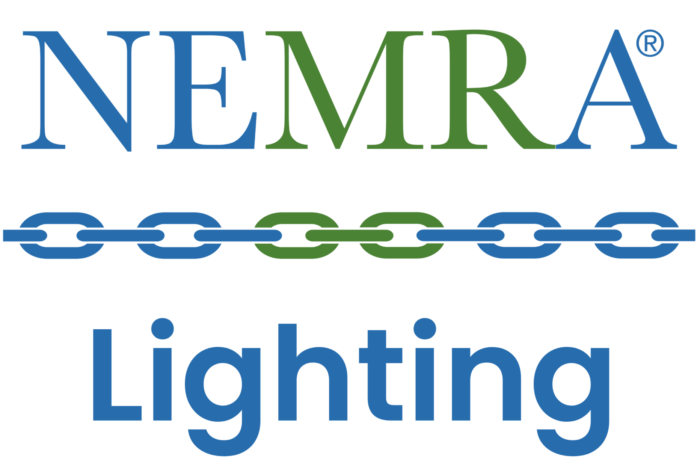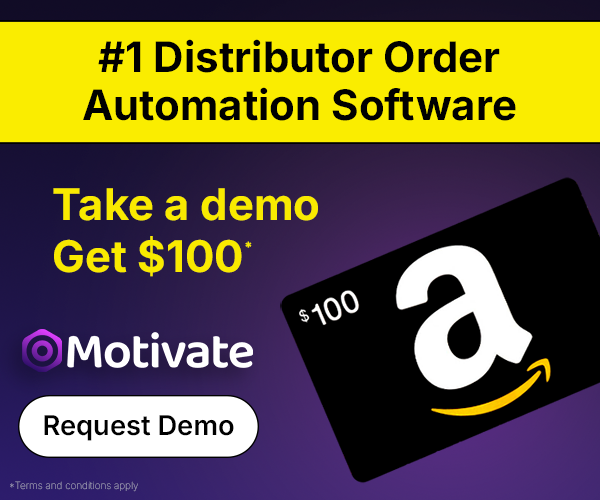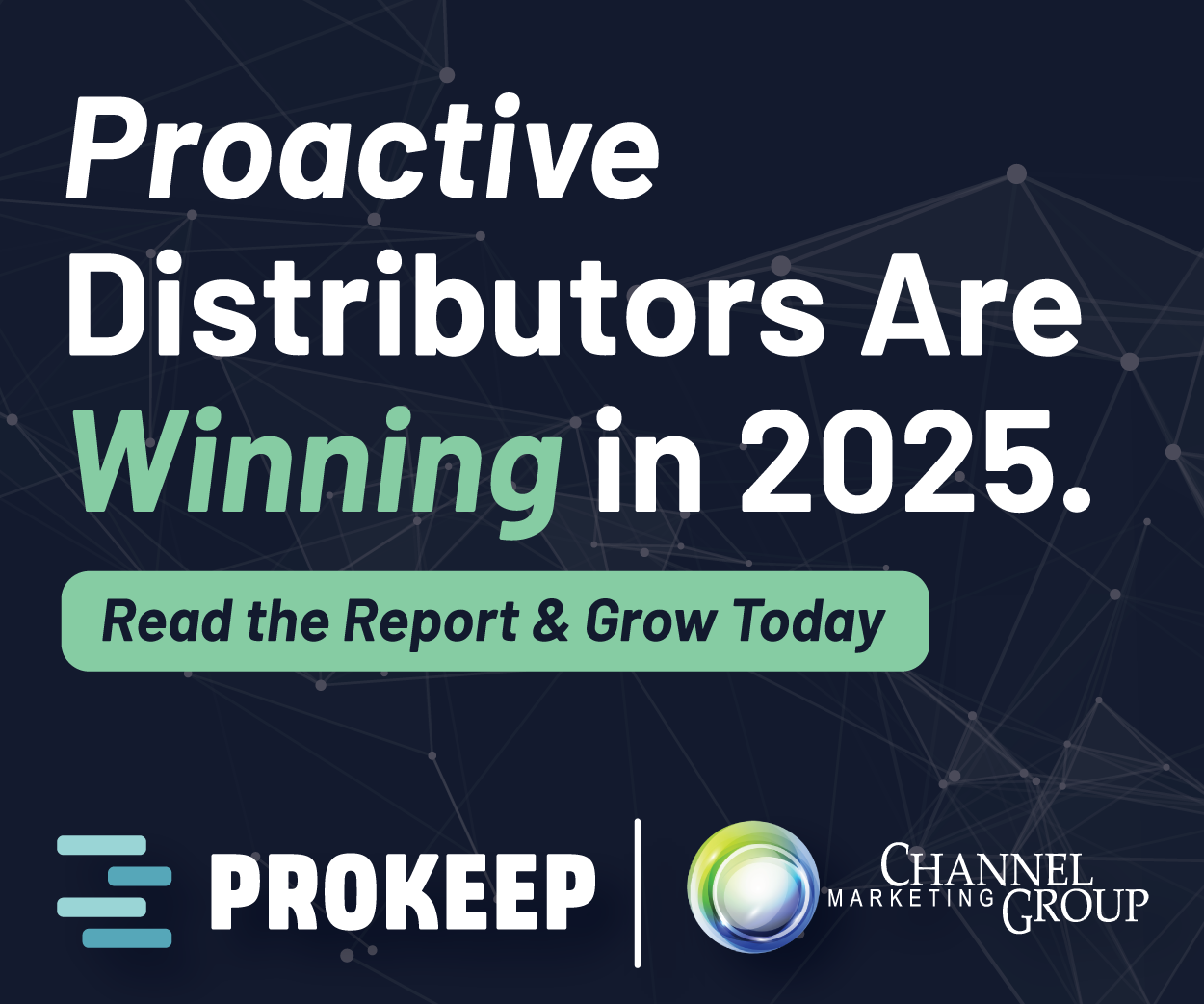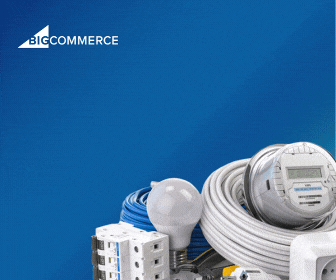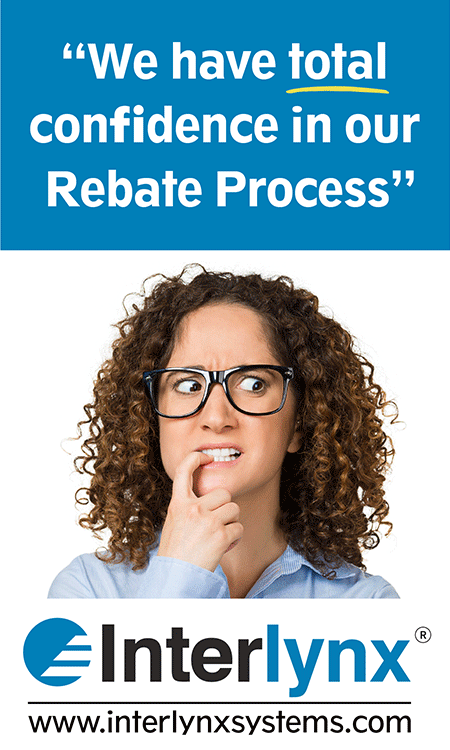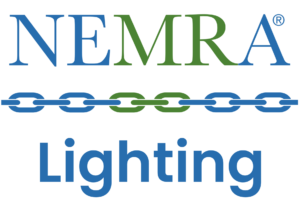Channel Marketing and Funding … but for eCommerce Initiatives?
 The essence of “channel marketing” infers that members within a channel (manufacturer, rep and distributor) are working together to market products, services and applications to generate demand from customers. The term doesn’t infer whom funds the initiative but frequently there are co-marketing, and hence co-funding, initiatives. At times this is co-op, perhaps MDF or other formats.
The essence of “channel marketing” infers that members within a channel (manufacturer, rep and distributor) are working together to market products, services and applications to generate demand from customers. The term doesn’t infer whom funds the initiative but frequently there are co-marketing, and hence co-funding, initiatives. At times this is co-op, perhaps MDF or other formats.
These endeavors are designed to provide an advantage for one distributor versus another, however, manufacturers have to enable distributors to compete in the marketplace.
The litmus test for a joint funded initiative is “do both parties have the potential to benefit?” If not, it’s not a good deal (and yes, sometimes manufacturers say “yes” to maintain visibility or appease a distributor.)
The challenge is when the request is to fund initiatives that solely benefit the distributor, are a detriment to a wider competitive environment, are unrealistic, have no financial foundation and/or potential for ROI and should be the responsibility of the distributor.
One of these areas is investment in the core infrastructure of an eCommerce offering.
Over the past few years manufacturers have been asked to support funding for product content. Whether they do this for the “good of the industry” and to meet industry standards, such as through IDEA and the IDW or the choose to support an marketing group initiative to “enhance / commercialize” product content, is a business decision for a manufacturer.
Recently we’ve heard from some manufacturers about a new “request” that seems somewhat unconscionable.
At least one distributor is reaching out to manufacturers and asking for:
- “Lowest price” in the marketplace
- With further “preferred” pricing to support the distributor achieving desired profit objectives on “selected products
- Incremental rebate for material “purchased” for eCommerce sales
- Extended credit terms in addition to anything the manufacturer may currently provide to the distributor on material purchased to “support” eCommerce
- Elimination / waiver of any territorial franchise authorizations a manufacturer may have
- eCommerce distribution / shipping fee to support branches that would be fulfillment centers
- Incremental marketing funding (but no strategy commitment other than “priority” listings (and think of the challenge of that with so many manufacturers competing against each other)
- Quarterly participation fee
- and the vague promise of POS information to support compensating reps in territories from which the order is placed
And, reportedly, the distributor has nominal eCommerce sales from its existing customer base.
So, if you were a manufacturer, other than to curry favor with the distributor if you have limited business, what’s the benefit?
(and let’s be honest, if manufacturers gave preferred pricing, potentially in the form of a SPA, it wouldn’t be used for other business? It wouldn’t eventually get known in the market and then leak into more company’s pricing? Really, it would stay confidential and only be used for eCommerce sales (and no existing customers will buy?! … be a little serious!)
At the same time, we’re hearing about Amazon Business meeting with manufacturers.
As a manufacturer, if you receive a call from Amazon Business you’ll typically take the call and perhaps arrange a meeting or a demo. You’re curious. And it’s Amazon so you’re intrigued.
They’ll make claims of the business they can drive but, from what we’re hearing, the don’t share numbers of what they are doing in “your” product category.
Additionally, they want “lowest” price. But again, they have no track record. Perhaps they’ll inventory some material. But will the initial order compare to what your top distributors provide (or the revenue they generate?) Will there be economies of scale such as big boxes such as Home Depot and Lowes can provide? Can they prove a value proposition to the you (the manufacturer) to justify providing them an advantage over established channels (distributor and retail) or … should they need to earn it and then you decide if they are pursuing a customer segment that is desirable to you?
eCommerce may become “the Wild West” in how companies pursue the market. Whether it is an additional service to customers, a channel for distributors and manufacturers, or someone starting a virtual distributorship or an electrical distribution e-marketplace, companies should compete on their merits. Financing could come from ownership or 3rd parties (private equity, venture capital, etc) but, a transfer of “wealth” from the manufacturer to distribution to essentially fund distribution operations?
If you are (or were) a manufacturer, how would you respond to:
- Distributors wanting the above “advantages”?
- Amazon Business’ offer at this nascent stage of their involvement in the electrical industry?



